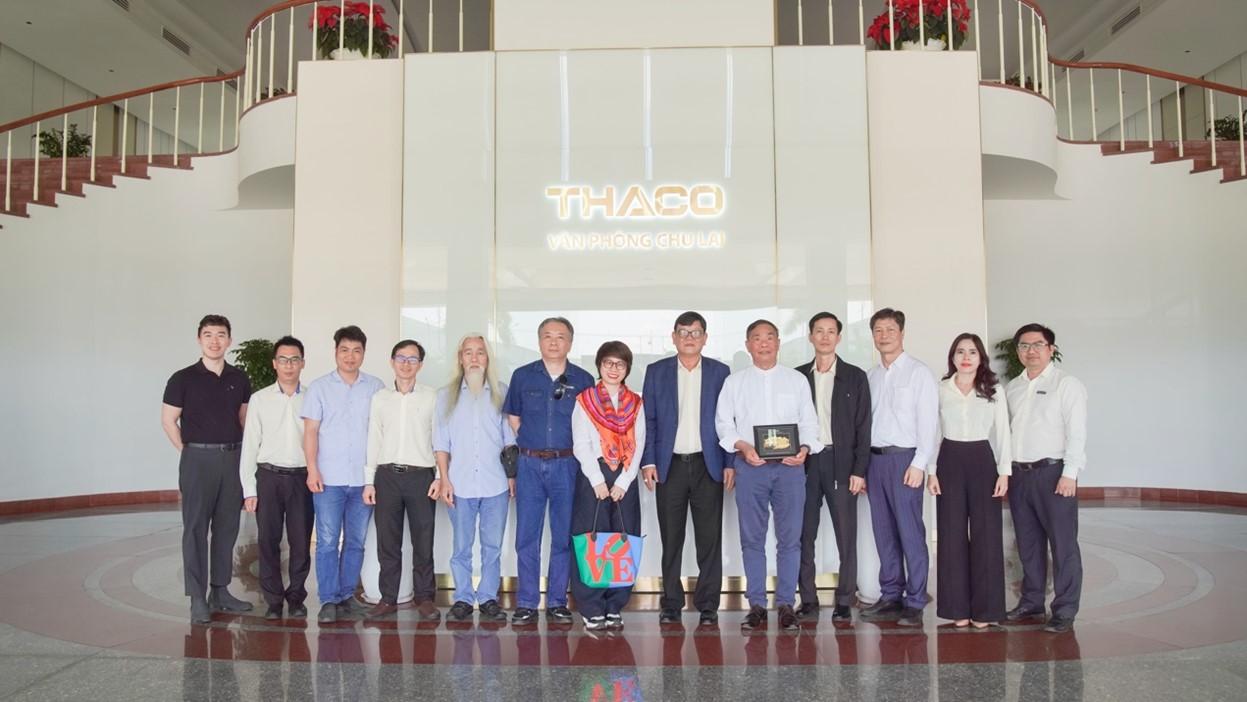State, Market and Society Relations

In a socialist-oriented market economy, the State, the market and society have a close relationship, supporting and complementing each other in the process of performing their roles and functions.
The formation and development of the state, market and society are closely linked to the development of productive forces and the division of labor. Each element has a certain function and role. The role of these elements itself changes in the development process, depending on the development of productive forces, as well as the development of the elements themselves, on the development perspective and historical and cultural traditions of each nation. Thus, the role of the elements themselves changes, not necessarily remaining constant in the stages of development.
In the current development stage of the socialist-oriented market economy, these elements have the following basic roles:
- The State builds and perfects institutions, protects property rights, business rights, maintains macroeconomic stability, major balances of the economy; creates a favorable, public, transparent environment for enterprises, social organizations and markets to operate; regulates, orients, promotes economic development, links economic development with cultural and social development, environmental protection, and ensures national defense and security. The State manages the economy by means of laws, mechanisms, policies, strategies, planning, plans, standards, norms and state economic forces in accordance with the requirements and rules of the market economy.
- The market plays a decisive role in determining the prices of goods and services; creating motivation to mobilize and allocate resources; regulating production and circulation; regulating business operations, and purifying weak businesses.
- Social organizations have the role of creating connections, coordinating activities, resolving issues arising between members; representing and protecting the interests of members in relations with other entities and partners; providing support services to members; reflecting the aspirations and interests of all classes of people to the State and participating in criticizing the laws, mechanisms and policies of the State, supervising state agencies and cadres and civil servants in law enforcement.
In the process of performing their roles, the elements need to interact and coordinate. The State or the market and society alone cannot complete the assigned tasks well and effectively. The State, the market and society themselves, besides their strengths, all have shortcomings. However, all three elements in the process of operation aim to bring benefits to people. The common direction, strengths and limitations of the three elements are the objective basis of the relationship between the State, the market and society.
The elements of the State, market and society appear in different capacities when performing their functions and roles. These can be: 1- The relationship between the subject and the object of management; 2- The relationship between subjects in the market; 3- The relationship between political power (State) - money power (enterprises) - the power of social values (non-political, non-profit) (society); 4- The relationship between institutions, policies, state tools (State) - market rules, factors, types of markets (market) - Written and unwritten social institutions (society); 5- The relationship between the position and role of resources of the State, market and society; 6- The relationship between public interests (State) - business interests (market) - social interests and local interests of each class, community, social group (society).
In the process of developing a socialist-oriented market economy, resolving the relationship between these three components must comply with the following principles: 1- National interests must be paramount and growth efficiency must be ensured; 2- The State does not intervene when the market and society operate effectively and the State only intervenes when the market and society do not or cannot do; 3- Resolving the relationship between the three components must be appropriate to each stage of development, ensuring harmony of the interests of the components.
Institute of Postgraduate Training
Register for admission consultation 2025
scholarships and tuition support worth up to 55 billion VND

scholarships and tuition support worth up to 55 billion VND









